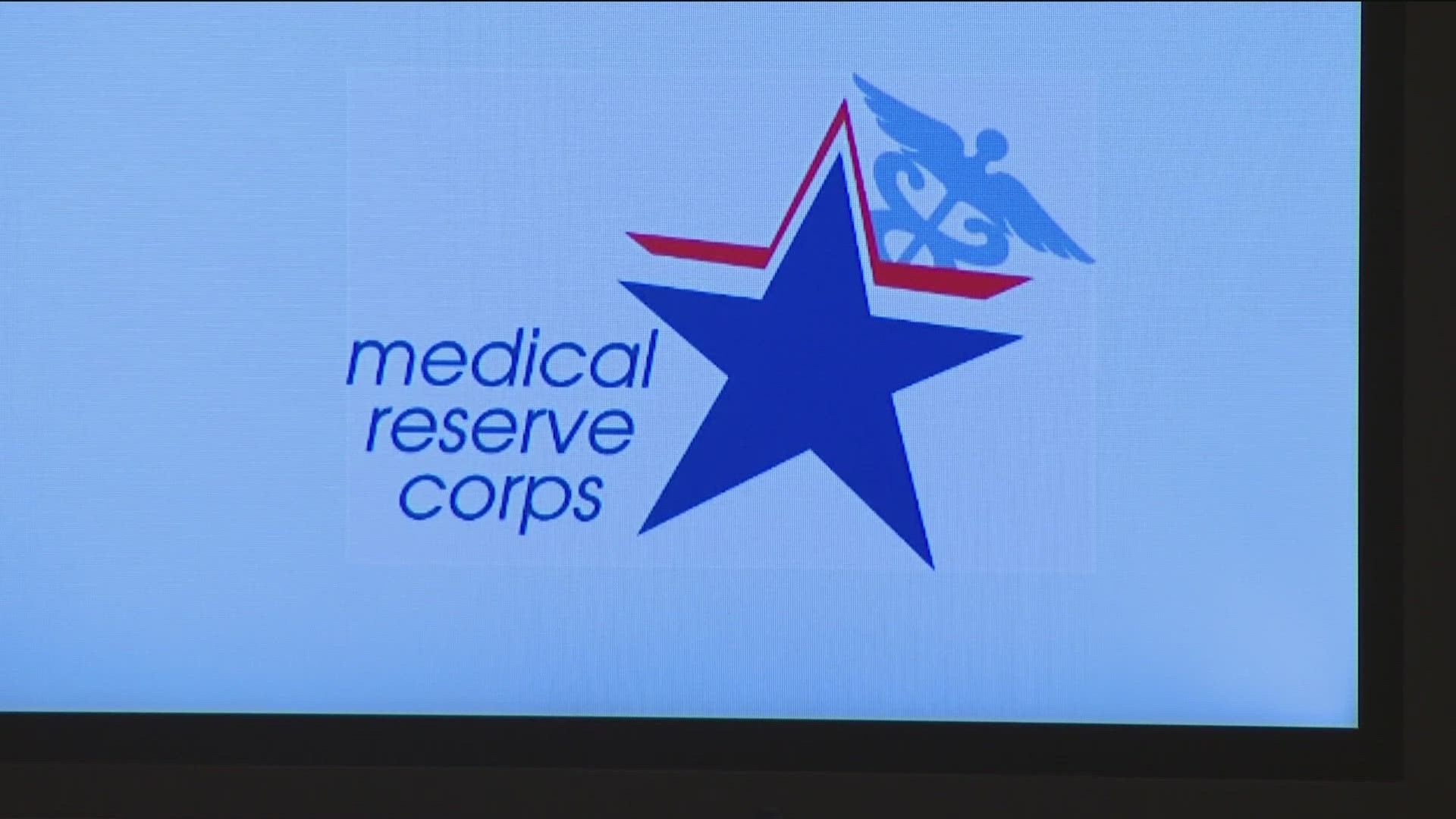AUSTIN, Texas — The city of Austin is calling on you to help out if and when disaster strikes the city.
Austin Public Health (APH) is looking volunteers to join a new program aimed at helping first responders.
On Wednesday, the Austin-Travis County Medical Reserve Corps hosted a conversation about what this program has to offer.
"By utilizing volunteers from right in our own backyard, we'll have a better response to any kind of medical disaster that could occur," Austin City Councilmember Mackenzie Kelly said.
Kelly hosted the information session at the Jollyville Fire Department – the same place she got her start in public service as a high schooler.
Medical Reserve Corps are in place all over the country, and volunteers' responsibilities can vary depending on their skills.
APH said volunteers may help during disasters like wildfires and floods, but they may also step in during other public health emergencies, like disease outbreaks.
Kelly believes Austin needs a program like this.
"I think that if we give people in the community the tools and the knowledge and experience to help themselves when there's an emergency or disaster, we'll be a more resilient community overall," Kelly said.
This is what Anna Escamilla, a community emergency response team instructor and mental health professional, said is necessary for our first responders.
"What we do is we support EMS or fire or anybody that's dealing with an emergency," Escamilla said.
These volunteers wouldn't respond to 911 calls, but APH said they will use their individual skills to support in a variety of surge response needs.
Escamilla said this program is a welcomed one.
"I think this is really something that all of us can do. And if we're well trained, that and, you know, there's an organization there and, and people are not, you know, stumbling on top of each other or causing more problems," Escamilla said.
Escamilla and Kelly both agree that it doesn't matter who you are: training like this can properly prepare volunteers when they need to jump in and help.
Learn more about how you can become a part of the program and get trained.

